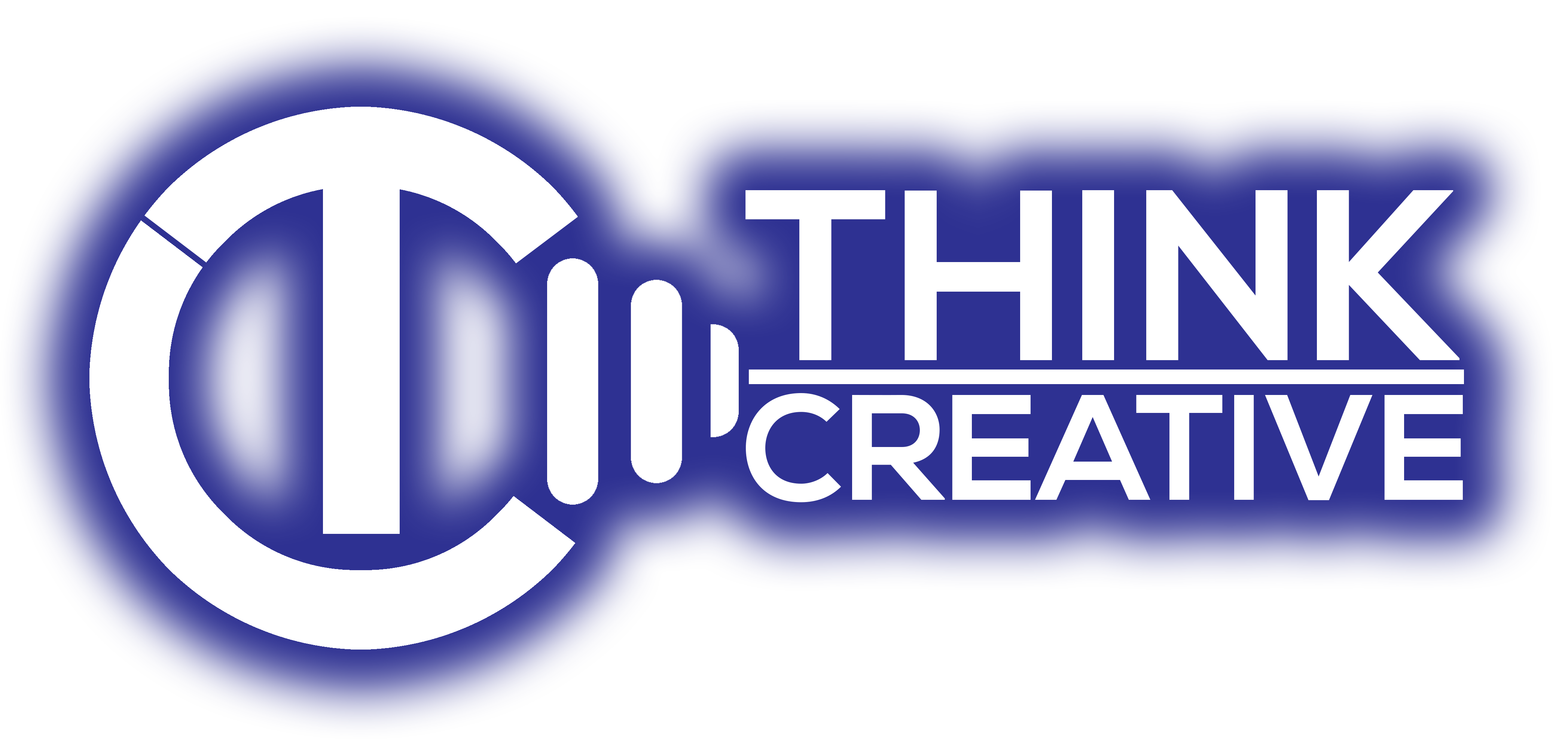Search Engine Optimization (SEO) is a cornerstone of digital marketing, crucial for enhancing online visibility and driving organic traffic to websites. However, the landscape of SEO is often clouded with myths and misconceptions that can mislead marketers and business owners. In this comprehensive blog, we debunk common SEO myths and shed light on what truly matters for achieving higher search engine rankings.
Myth #1: Keyword Density is Crucial
Debunked: While keywords are important for SEO, keyword density (the percentage of times a keyword appears on a page compared to the total number of words) has lost its significance. Search engines now prioritize context and relevance over keyword stuffing. Focus on using keywords naturally and strategically within your content, including in titles, headings, and throughout the body, without overdoing it.
Myth #2: More Backlinks Always Means Better Rankings
Debunked: In the past, quantity of backlinks was a primary ranking factor. However, search engines like Google now prioritize quality over quantity. High-quality backlinks from authoritative and relevant websites carry more weight than a large number of low-quality links. Focus on earning backlinks from reputable sources through content that provides value and engages your audience.
Myth #3: SEO is a One-Time Effort
Debunked: SEO is an ongoing process that requires continuous effort and adaptation. Search engines frequently update their algorithms to deliver more relevant results to users. Regularly update your website with fresh, high-quality content, monitor performance metrics, and adapt your SEO strategy based on data and industry trends.
Myth #4: Meta Tags Have a Significant Impact on Rankings
Debunked: While meta tags (such as meta titles and meta descriptions) are important for click-through rates and user engagement, they have minimal direct impact on search engine rankings. Use compelling meta tags to attract clicks from search engine results pages (SERPs), but prioritize creating valuable content that satisfies user intent and provides a positive user experience.
Myth #5: Social Media Directly Impacts SEO Rankings
Debunked: While social media signals (such as likes, shares, and comments) indirectly influence brand visibility and traffic, they do not directly impact search engine rankings. Focus on using social media to amplify your content reach, engage with your audience, and build brand authority, which can indirectly support your SEO efforts through increased brand awareness and potential link acquisition.
What Really Matters for Search Engine Rankings
Now that we’ve debunked common SEO myths, let’s focus on what truly matters for achieving higher search engine rankings:
- Content Quality and Relevance: Create high-quality, valuable content that addresses user queries and provides insightful information. Focus on satisfying user intent by answering questions comprehensively and engagingly.
- User Experience (UX): Ensure your website is user-friendly, mobile-responsive, and loads quickly. Positive user experiences contribute to lower bounce rates and higher dwell times, signaling to search engines that your site provides value to visitors.
- Backlinks from Authority Sites: Earn backlinks from reputable websites in your industry or niche. Quality backlinks are a strong signal of trustworthiness and authority to search engines, boosting your rankings.
- Technical SEO: Optimize technical aspects of your website, such as site speed, mobile-friendliness, secure HTTPS protocol, and structured data markup. Technical SEO ensures that search engines can crawl and index your site effectively.
- Keyword Strategy: Conduct thorough keyword research to identify relevant keywords with reasonable search volumes and competition levels. Incorporate keywords naturally into your content, headings, and metadata.
Conclusion
In conclusion, navigating the complexities of SEO requires understanding and debunking common myths while focusing on proven strategies that align with search engine algorithms and user expectations. By prioritizing content quality, user experience, backlink acquisition, technical optimization, and strategic keyword usage, businesses can enhance their online visibility and achieve sustainable search engine rankings.


Recent Comments